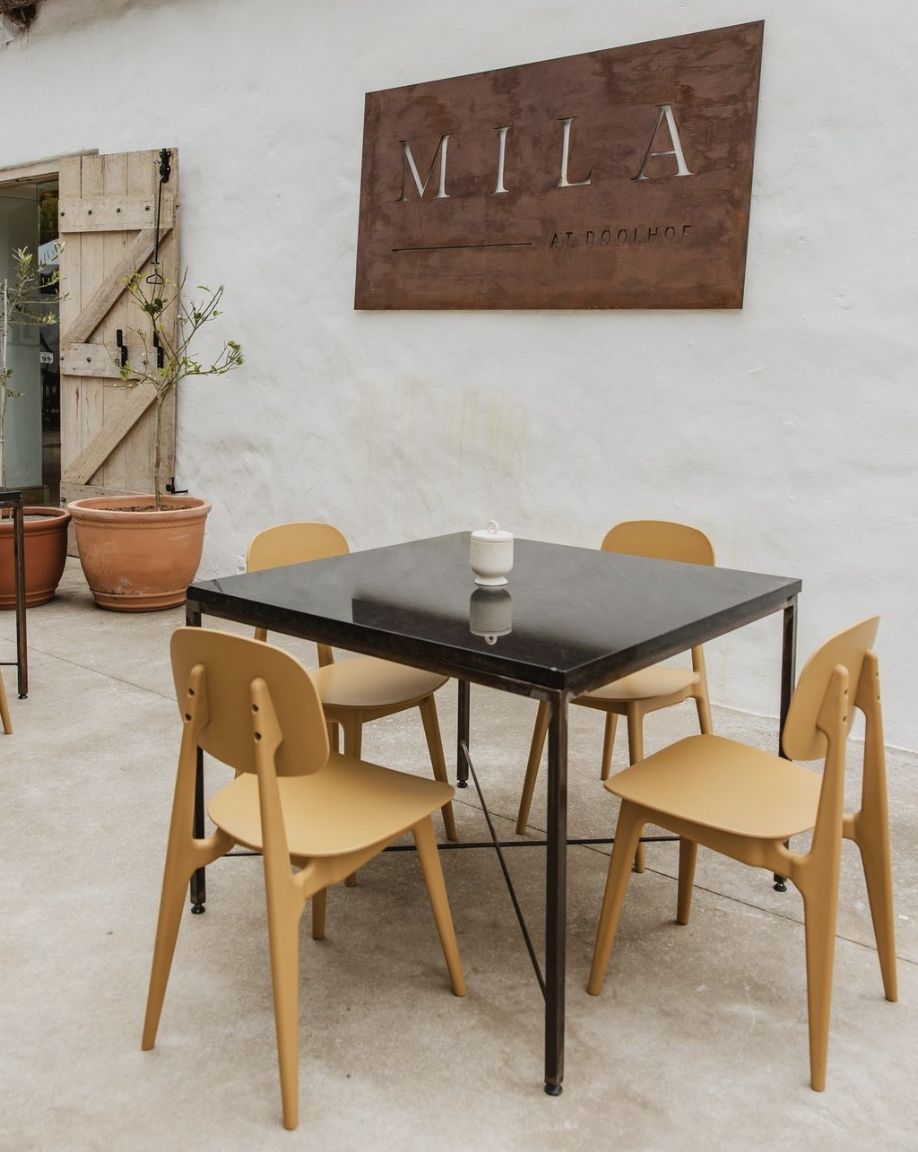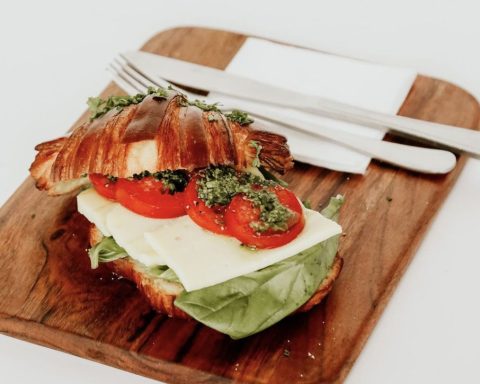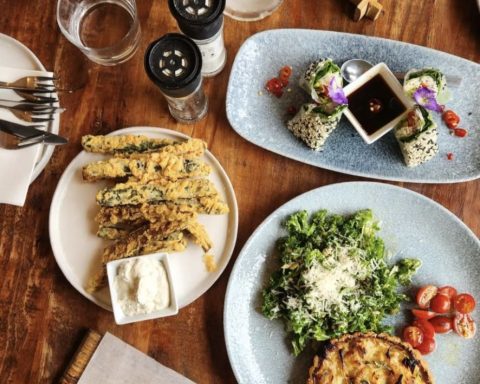Nestled deep within the mountains of Wellington, the Doolhof wine estate is a centuries-old escape that offers visitors an opportunity to experience nature, surrounded by vines, towering mountains, and lush forests. It is here that you will find Mila Restaurant, a unique dining experience that has been converted from an old thatched wagon house and kraal.
A Mediterranean Ambiance of Mila at Doolhof
The restaurant’s whitewashed garden has a Mediterranean feel, with herbs growing along the walls, lemon and olive trees in clay pots, and a reed-shaded pergola. Rustic wood tables and comfy chairs make up a country style that is beautifully simple and has a friendly, laid-back feel.
Local Ingredients, Uncomplicated Food
Mila’s owners, Anelma le Roux and Jacques and Michelle Fourie, who are a husband-and-wife cooking team, all love good, simple food made with local products. This makes Mila a fine bistro with a local heart. They keep the menu short and personal, and they change it often. They also use local ingredients to make sure the food is fresh and delicious.
Satisfying Portions, Appetisingly Plated
From traditional mains like rib-eye steak with mashed potatoes and a tasty merlot jus to Asian pork belly, the menu is full of filling dishes that look good and taste great. Also very good are the luxury burgers and the summer smoked salmon salad. And don’t forget about the dessert. The espresso panna cotta topped with crunchy salted caramel and chocolate bits is a must-try.
A Tranquil Mountain Valley
Aside from the great food, Mila at Doolhof offers visitors an opportunity to explore the wine estate’s tranquil mountain valley, where you can wander past horse paddocks and down to the mountain stream. The estate offers mountain bike trails and a rugged hike up Groenberg Mountain for energetic adventurers.
Wine Tasting and Picnic Baskets at Mila at Doolhof
The Doolhof wine estate’s entire range is available in the restaurant at cellar-door prices, making it hard to resist taking some home. The restaurant also offers gourmet picnic baskets that should be booked 24 hours in advance.
Exceptional Service and Views
With outstanding service, stunning views, and exceptional food, it is no wonder that Mila at Doolhof is rated as the best restaurant in Wellington by many. It is a fantastic spot for any occasion, and the friendly and helpful staff make it even more special. Whether you are looking for a place to work or play, Mila at Doolhof is a 100% must-visit and experience.
Contact Information for Mila at Doolhof
- Address: Doolhof Wine Estate, Bovlei Rd, Wellington, 7654, South Africa
- Phone: +27 21 864 2805
- Website: Mila at Doolhof
- Opening hours: Wednesday – Sunday, 9 am – 4pm











